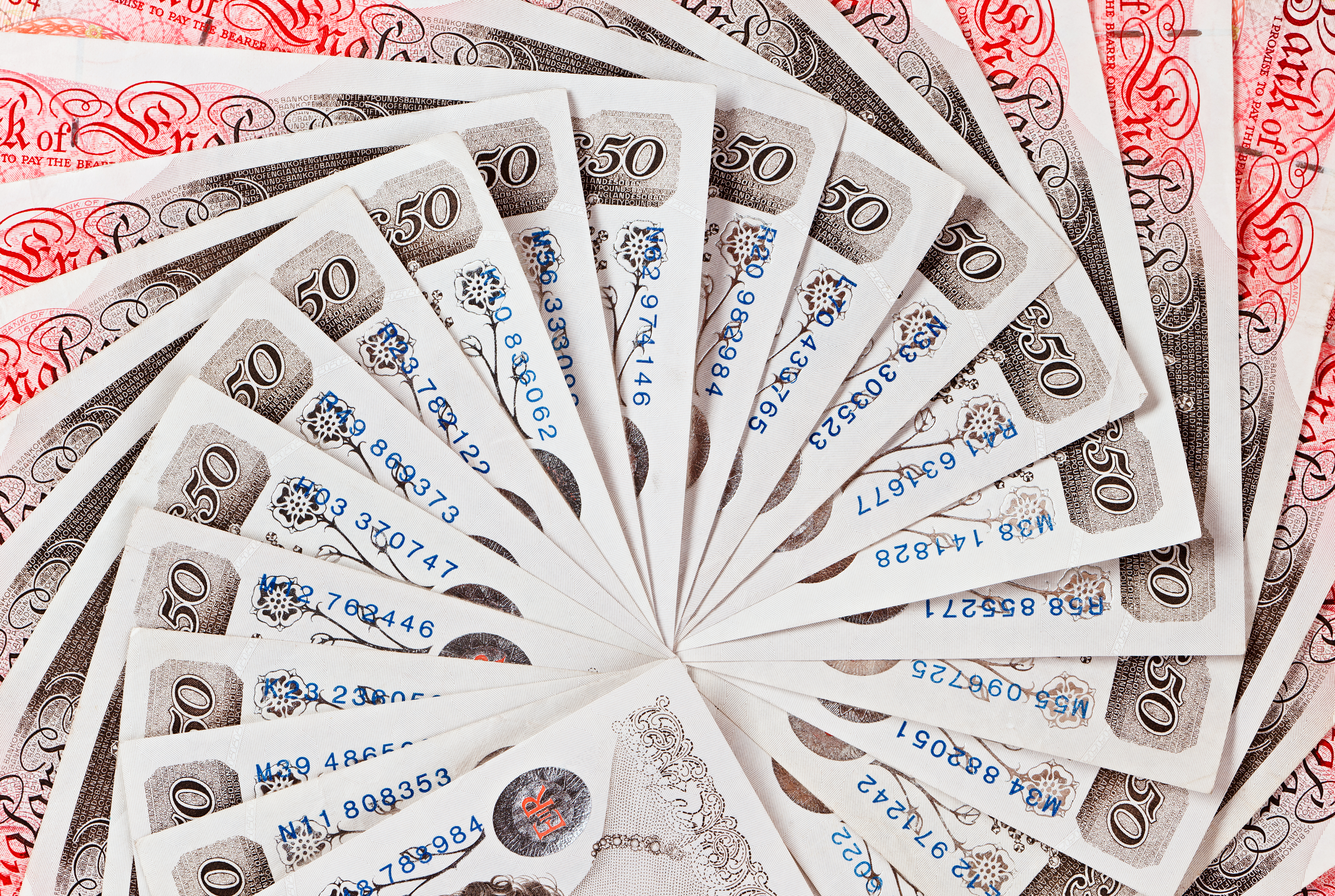News
Cash savings accounts beat shares, shocking report reveals

Money in a best buy cash savings account would have produced a higher return than a FTSE100 shares tracker over a majority of investment periods since 1995, new analysis has revealed.
Money in a best buy cash savings account would have produced a higher return than a FTSE100 shares tracker over a majority of investment periods since 1995, new analysis has revealed.
The results challenge the traditional view that putting money in a savings account is a worse option than investing in shares.
Financial journalist and presenter of Radio 4’s Money Box programme Paul Lewis said his research is based on “data which has never been available before” from MoneyFacts.
The figures showed that since 1995 investments in funds that track the FTSE100 would have lost money up to a third of the time over investment periods from one to eleven years.
He makes the bold statement that “cash in a savings account always ends up higher than it started.”
The new research compared returns from a simple tracker fund (it follows the FTSE100 index of shares in the biggest hundred companies) with cash that is moved each year into a best buy one-year bank or building society deposit account (between £2,500 and £10,000). The tracker has dividends reinvested and the cash is reinvested each year with the interest earned.
Lewis’ research found that money put into this ‘active cash’ account beat the total returns on the tracker in 57% of the 192 five year periods beginning each month from 1 January 1995, compared to the tracker winning just 43% of periods.
But over longer time periods, the difference was more startling; for investments made over the 84, 14-year periods from 1995 cash beat shares 96% of the time.
Further analysis also shows that for many starting dates from 1 January 1995 investing in shares over any possible period from one year upwards would have produced a lower return than using best buy cash.
He gives the example of the whole of the two years from 1 October 1999 to 1 September 2001 where “money invested on the first of any month on those dates and left for any period from one year to the maximum possible 15 or 16 years would have done better in cash than shares,” he said.
There are fewer comparable times when shares produced a higher return over every possible investment period – 1 November 2008 to 1 September 2009 is the longest run and two earlier dates are 1 October 2002 and 1 October 2003.
‘Merits of cash were underplayed’
Lewis said: “Cash is not right for everyone in all circumstances. But for a cautious person investing for periods of up to 20 years this research indicates that well managed active cash beat a FTSE100 tracker more often than not. And unlike a shares investment it can never lose anyone money.
“It also confirms that the risk of making losses on a shares investment is very real. Over any investment period from one to five years from 1995 to 2015 there was about a 1 in 4 chance or greater that the value of the investment would fall. Even over nine or ten years the chance of losing money was around one in ten. Few advisers know those odds still less inform their clients of them.
“I have long suspected that the merits of cash were underplayed by traditional research which compares poor cash rates with often exaggerated gains on investments in shares.”
Does Lewis’ ‘cash beats shares’ analysis have substance?
Laith Khalaf, senior analyst at Hargreaves Lansdown said: “A balanced savings approach encompasses both cash and shares in order to maximise returns while providing some ballast.
“Savers who are very risk averse, or who may need their money in less than five years’ time, should stick with cash, as over shorter periods the chance of losing money on the stock market is higher.
“However with cash rates on the floor and showing little sign of perking up, it is only prudent for investors to consider putting their long term money into the stock market.
“This is particularly the case given that the charges on tracker funds have been cut to the bone, thanks to the passive price war that has been raging for the last few years.
“At the same time there are some seriously talented active managers investing in the UK who have consistently delivered returns above the UK stock market, after charges have been deducted. Indeed even the average UK stock market fund has achieved this feat over the last 21 years.
“The idea of “active cash”, whereby savers continually move their money between best buy accounts, is a very appealing idea, but is difficult to achieve in practice right now.”